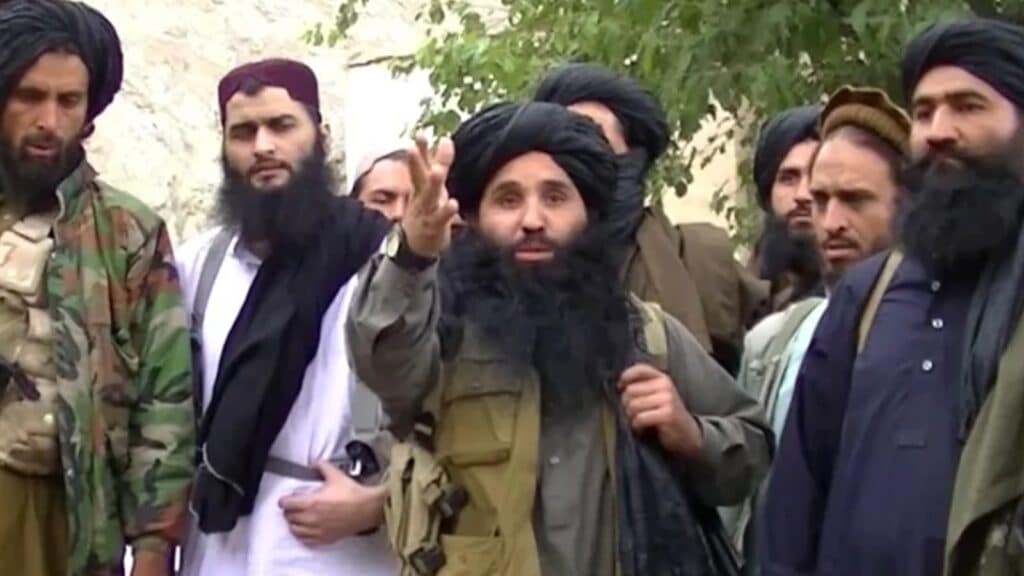The Tehrik-i-Taliban Pakistan (TTP) claims to be a pure ideological movement based on Shura (consultation), unity of the Ummah, and Islamic principles. However, a critical look at its internal politics, leadership decisions, and historical conduct raises serious questions that cannot be answered with emotional slogans, but only through evidence, logic, and accountability.
Is TTP Free from Ethnic or Tribal Bias?
Claim: TTP promotes Islamic unity, not tribalism or nationalism.
Reality: The post-Fazlullah leadership split clearly exposed the tribal fault lines. When the Mehsud faction broke away to form its own group, “Tehrik-e-Taliban South Waziristan,” it wasn’t an ideological return — it came with two strict conditions:
Sheikh Khalid Haqqani, a respected ideological scholar, was removed to make way for a Mehsud deputy.
In case of Fazlullah’s death, the next leader must be from the Mehsud tribe.
Even in its early days, when Faqir Muhammad Bajauri was nominated as Amir, Baitullah Mehsud refused to accept his leadership simply because he wasn’t from the Mehsud tribe. Is that Shura or tribal quota system?
Is Mufti Noor Wali Mehsud Power-Hungry Despite His Claims of Humility?
Claim: Mufti Noor Wali is a humble servant of the Ummah, uninterested in power.
Reality: If he truly rejected power, why was an ideological stalwart like Sheikh Khalid Haqqani removed simply due to tribal preferences?
Hafiz Gul Bahadur once remarked, “We never saw Mullah Omar, but we saw his Shariah and pledged allegiance. If your Shariah is genuine, we don’t need an invitation.”
This wasn’t just a statement — it was a test of practical Shariah implementation, in which the current leadership has failed.
Is the TTP’s ‘Shura’ Really Independent and Sincere?
Claim: The leadership council is based purely on Islamic principles.
Reality: Recently, TTP’s envoys — Maulana Din Gul and Maulana Munir Khan — were sent to invite Hafiz Gul Bahadur to rejoin. His response was chilling:
“These four men are actually agents of the other state.”
Is the TTP an Ideologically United Movement?
Claim: The group is ideologically driven and united in purpose.
Reality: Leadership roles are offered as bribes.
Field command, money, and regional control are tools to buy loyalty.
Those who refuse are either assassinated or blackmailed into silence.
Compare this with the ethics of groups like the Islamic Emirate of Afghanistan or Al-Qaeda — where such moral decay is not observed.
Conclusion: A Movement of Contradictions
TTP’s rhetoric and its actions are fundamentally at odds. If it truly stood on principles of Shura, sincerity, and ideological unity:
Leadership wouldn’t be dominated by tribal loyalties.
Thinkers like Sheikh Khalid Haqqani wouldn’t be dismissed for their ethnicity.





